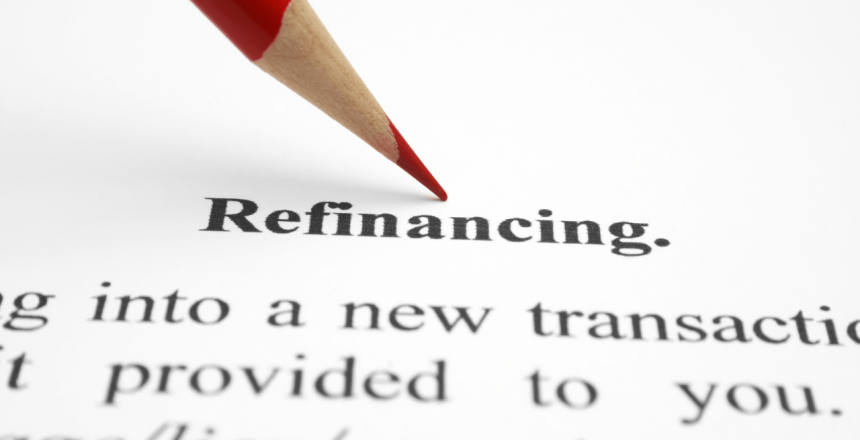Refinancing should not be a decision that is made lightly. The process takes a lot of time, effort, and patience, and it involves a good amount of research in order to be certain that it is done correctly. The question “Should you refinance?” cannot be answered simply since the answer depends on many different factors. Not only does re-financing cost money, it requires some knowledge about the process so that you don’t get stuck with a bad deal.
The current low mortgage rates make it tempting to refinance, but not every homeowner is in a position to do so at this point in time. Making a quick and rash decision when it comes to financing is never a good idea, and it can ultimately affect your finances in a negative way.
The following is a collection of questions and answers that every homeowner should read before they make the final decision to refinance so that you won’t be left in the dark during the process:
Q: What is the first step in refinancing?
A: Make a list of reasons why you want to refinance. Then, weigh the pros and cons specifically to your financial situation. Remember, not every homeowner is a good candidate to refinance right now, so be sure to make certain that it is the best decision for you. If re-financing doesn’t suit your situation right now, there is a possibility that it can in the future.
Q: Does my credit score affect my ability to refinance?
A: Yes, your credit score is one of the determining factors of your mortgage rate. If your score is less than satisfactory, there are some things you can do. Pay down some high balances and refrain from opening up any new lines of credit. Be sure to check your free credit report for any errors at least four to six weeks before refinancing.
Q: Should I shop around for the best mortgage rate?
A: Most definitely! Simply put, the only person who is going to make sure you have a low rate is you. You should look for more than just low rates, though. Make sure that you compare fees and the quality services by searching for reviews of the particular lender online.
Q: Is there such a thing as no-cost financing?
A: Unfortunately not. Every type of re-financing involves fees and costs in one form or another, and you will be required to pay them at closing. You can add them to your principal, but they will accrue interest. Closing costs cost about 1% of your new mortgage’s principal.
Q: Can I receive a cash-out by re-financing?
A: Possibly. If the value of your home has increased since you purchased it, you can refinance your home at its current value and receive a lump sum of cash equal to the difference in equity.
The best thing you can do when re-financing is to be informed of the entire process. Knowledge is power, and you will garner the best results when you know what questions to ask when searching for the right lending company and re-financing rate.
A little research can mean an easy and pleasant refinancing experience while maximizing your money. Home Loan Advisor can analyze your property, current market conditions, local market comps, and other variables in our proprietary algorithm as well as match you with potential lenders! To assist you in the refinancing process, you can get a free home value report from Neighborhood IQ and find out what your home is really worth.

